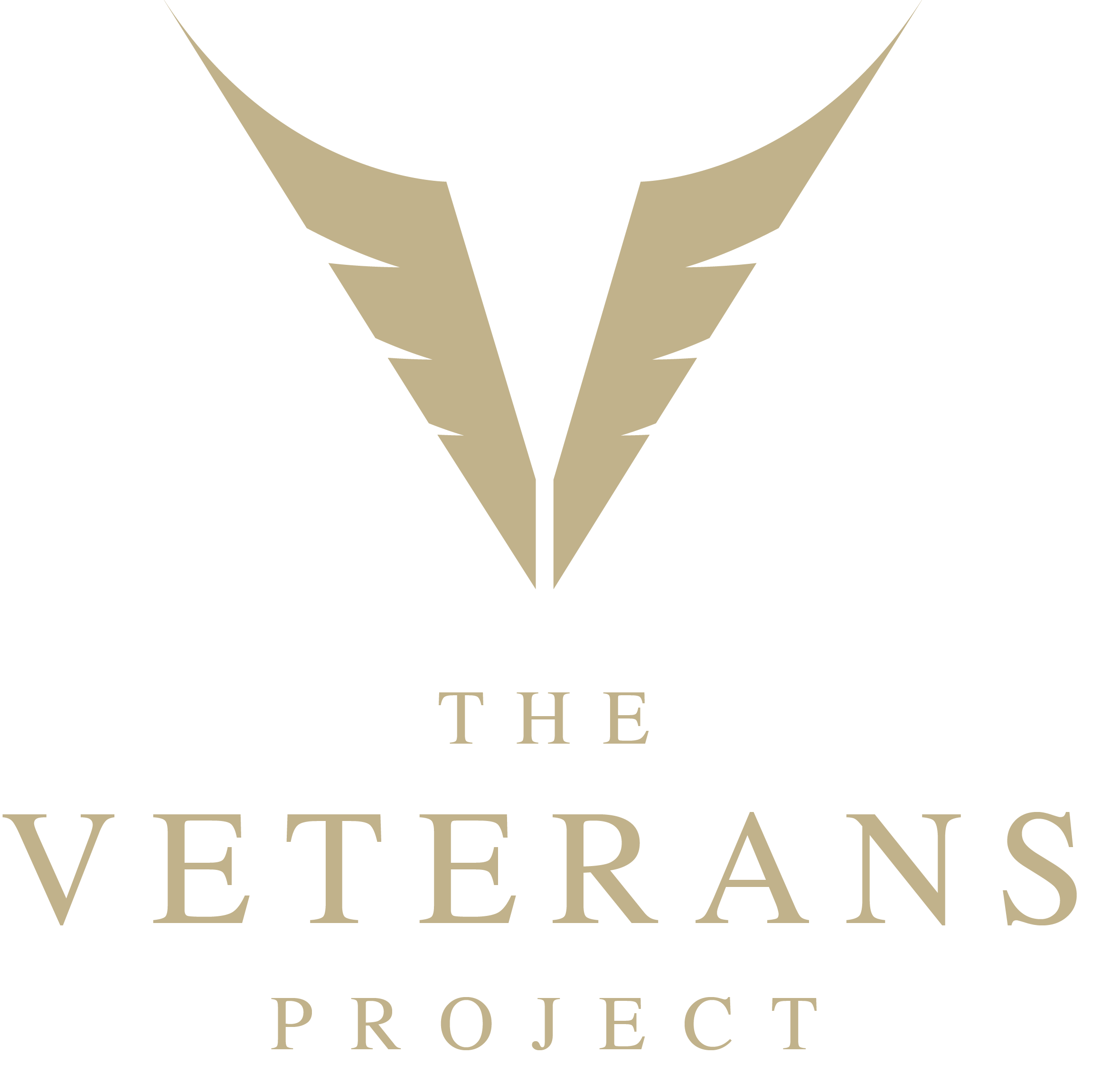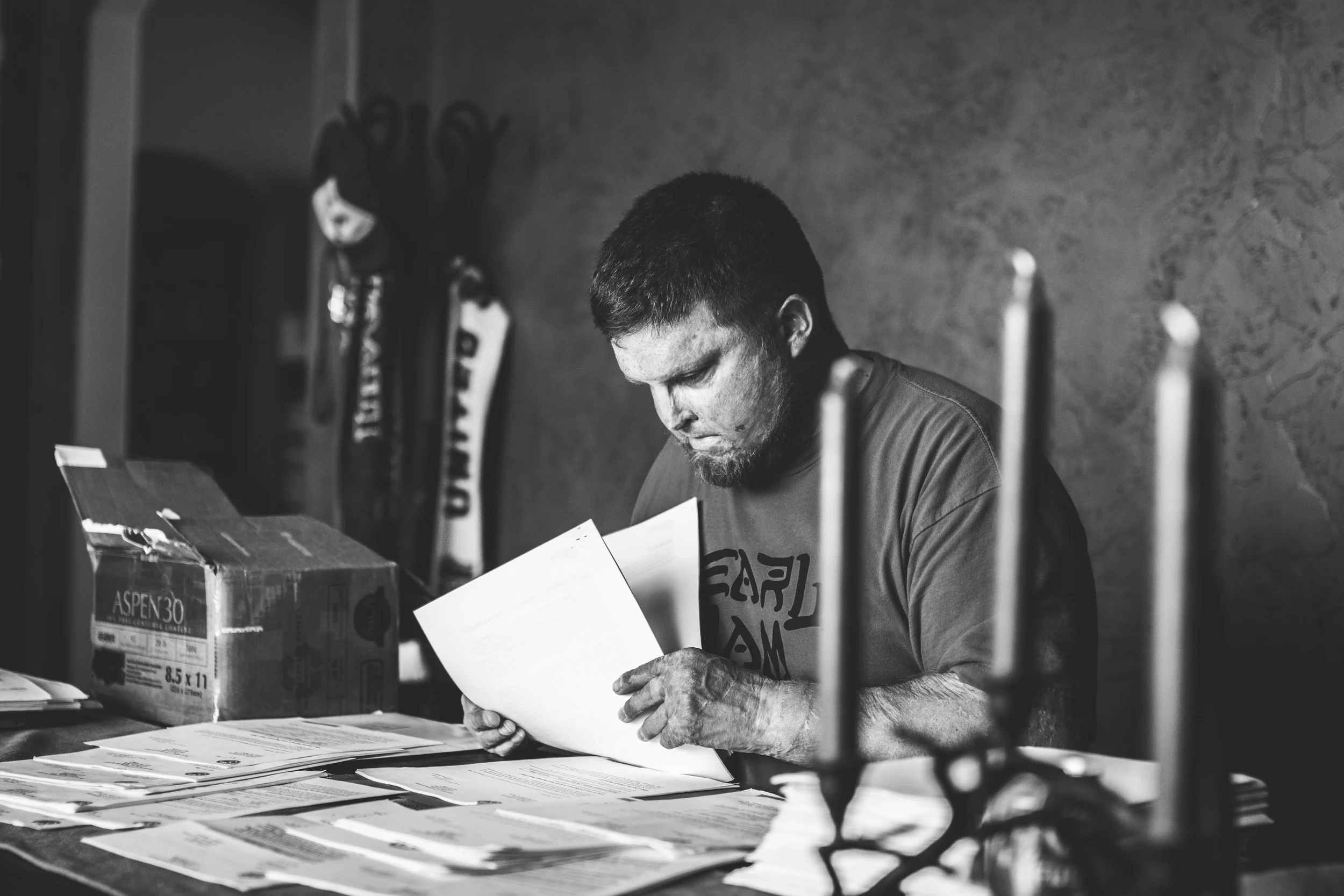SGT Joe Washam, Army, Operation Iraqi Freedom
Joe is one of those guys who I interviewed and felt ten times smarter for speaking to. He's a major advocate in the North Texas Veterans Community and I think someone who would be good in a political office. He is extremely cerebral and very well-spoken. Joe was the last man I covered while The Veterans Project was still under the scope of my Master's. He readily volunteered for the project and was an absolutely incredible interview. Washam was medically retired from the Army as a Sergeant when he was involved in a chemical explosion in the Baghdad area of operations. I never served with him but I could see his motor constantly turning. Joe initially signed up for college (as did I) before there was even a rumor of either war. He had a short break in service but then felt it was his duty to re-join and serve his nation at war. Joe's injury was far from the end of his story. After he left the service he took on a spot on the Board of Directors for the Coalition to Salute America's Heroes (a non-profit). Joe and his wife Jenn, moved to D.C. after this and he began his tenure as Chief Liaison of Government Affairs for the same non-profit. While in office, he helped champion the rights of his wounded comrades (and their families) and contributed to the oversight of three major bills in Congress. These were the 21st Century GI Bill of Rights Act of 2007 (S. 1409/H.R.2385), Homecoming Enhancement Research and Oversight (HERO) Act (S. 1271), and the Wounded Heroes' Bill of Rights Act (H.R. 2855). I'll let Joe tell you the rest of the story.
Can you tell me about that day?
JW: The date was April 26, 2004 and I was at the turret of my Humvee looking out on a street corner of a busy intersection in Baghdad, Iraq. I was assigned to an elite task force called the Iraq Survey Group. Our mission was to hunt for WMDs and any sign of chemical weapons. The coalition force was made up of the CIA, DIA, Special Forces, British, and Australian troops. The unit had received intel that an enemy group was using a local building to build and store chemical weapons. That day a Special Forces unit had secured the building, making sure the structure was clear of enemy fighters. Once the building was secure, the SF group left and our task force was supposed to be there shortly after. However, a few things happened on that day that kept them delayed. It was precisely that delay that allowed an enemy combatant to enter the factory and most likely set fire to a cache of the chemicals. Once our task force arrived, we entered the structure and found to our horror that the structure was set to explode. One member of our group shouted and that was the only warning I received. The entire structure exploded, sending a chemical fireball at my humvee. I made a decision that would actually save my life. I decided to run. The humvee was engulfed in flames but I decided to jump out and take off anyways. Two other soldiers were killed in that explosion. One of them decided to stay in our humvee and was burned to death. I survived the explosion but 40% of my body was covered in burns. 90% of my body is covered in scar tissue. I spent 20 months at Brooke Army Medical Center's burn unit in San Antonio.
Can you tell me a little bit about why you joined the Army?
JW: The first time I joined the Army, it was for the college money. Dad wouldn’t pay for my college, but Uncle Sam would. I did my four years, got out, and went to college. I had an eight month break in service, and decided to re-enlist in the Army Reserves a few days before we invaded Iraq in March of 2003. I had buddies who were still in, so I knew we were going to war. Each day I was out, I missed it more and more, so I refocused and decided that I’d be willing to serve since I knew that there are those who wouldn’t want to. I accepted being a wolfhound for the sheep of society.
Joe with son King and a mountain of VA paperwork.
What's the hardest part about the deployment?
JW: Before an explosion that killed my team member, and severely injured me, it was dealing with some incompetent leaders.
These are Joe's injuries that he sustained while in Iraq. He sustained 3rd degree burns on 40-50% of his body.
Now on the other side of that, what’s it like coming home? What’s the hardest part of that?
JW: I didn’t come home like most folks did. I woke up at the Brooke Army Medical Center (BAMC) ICU in San Antonio, Texas. I had been unconscious, in a medically induced coma, for almost two weeks due to 3rd degree burns over 40%-50% of my body, including full thickness burns on my hands, and face, along with a shrapnel wound. I spent twenty (20) months at BAMC recovering from my injuries until I was medically retired from the Army. For me, the physical changes to my body due to the injuries took some time to adjust too, including people staring at me. I rushed my transition by going to school full-time within two weeks of my medical retirement from the Army. I didn’t give myself any time to relax, so my schoolwork suffered that semester. Now that it’s over 10 years since my injury, I’ve traveled the US with numerous nonprofits, and I’m grateful we live in a nation where most of the civilian population respects the military, regardless of politics or opinion of the wars.
Two images of the explosions that Joe and his team endured. Two were killed in the blast. The top image is the explosion and the bottom is the aftermath.
What was the hardest thing about being away from home?
JW: My parents got a divorce during my first four years in the military, so when I got out and went to school on my own, I never felt like I had a “home” anywhere, since my folks had split and moved away. My now wife and I had started dating just a few months before I deployed, so I didn’t know if she’d stick around while I was deployed.
Joe, son King, and wife Jenn
Joe and his son, King
Talk a little bit about the superhero mantra that civilians attach to soldiers. Is there any truth to that or what do you think about it?
JW: People who think like that, are at least being respectful that individuals who serve in this Nation’s military are willing to sacrifice their lives for people they’ll never meet. Unfortunately, there are a few service members who are bad people, and do horrible things that give a bad rap for the rest of us.
The above image is a man fighting for his disability. Because of his time in the non-profit sector, the VA wanted to take away some of Joe's compensation. This is a battle many veterans face every day, sadly enough.
Joe is a great example of the incredible things that can be achieved by wounded veterans. He has a truly incredible passion for his brothers-in-arms and hasn't once let his own injuries stop him from advocating for others. I hope you've enjoyed his story. For more information on Joe Washam, head over to his website Strategy Washam.

